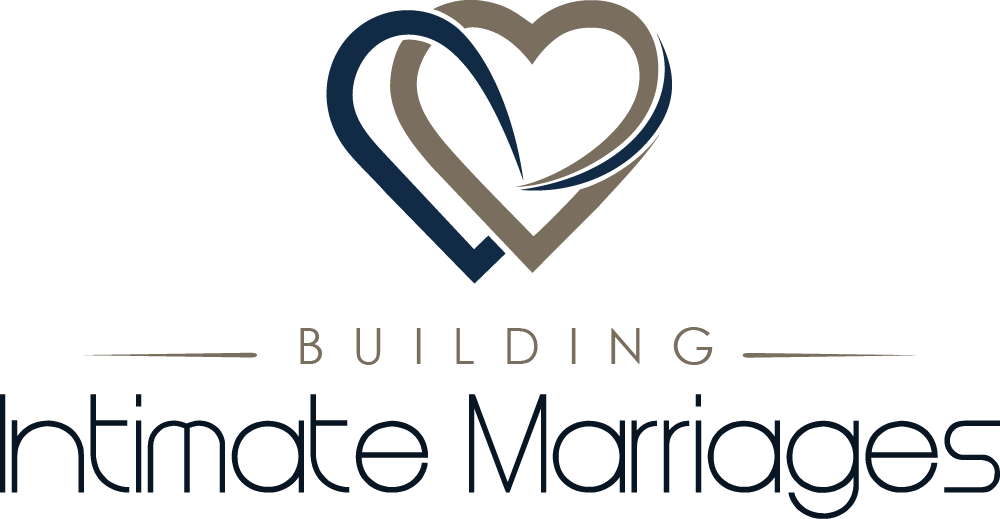Thoughts on Addiction and Pornography
I have a friend who has a little habit. He begins every morning indulging in its pleasures before heading to work. He jokes he cannot start his day without it. Frequently, he goes to specialty shops to spice things up and experience a little variety. When he is feeling stressed he does it more often.
If my friend’s habit was pornography many would quickly consider him a porn addict, but my friend’s habit is his morning cup of coffee. Does that change things? Is my friend still an addict? The best answer is likely yes and probably no.
Being creatures of habit there is a sense in which we all engage in addictive behaviors. As psychiatrist and spiritual counselor Gerald May defines it, an addiction is “any compulsive, habitual behavior that limits the freedom of human desire. It is caused by the attachment, or nailing, of desire to specific objects” (from Addiction and Grace). Much of the Christian life is a struggle to find freedom from various habits (idols), our repeated attempts to make life work apart from God.
In many big and small ways, whether with substances, images, work, or people, we all displace and replace our deepest desire for love and goodness into habitual behaviors. In this sense, my friend’s compulsive habit could be considered an addiction. The issue is not about how much he enjoys coffee, how productive he can be with it, or even how socially accepted it is, but rather his limited freedom in choosing it each morning.
While on the one hand we all engage in various addictive behaviors, all these behaviors would not meet a clinical definition of addiction. Clinical addiction can be considered as one end of a continuum ranging from experimental to dependence.
- Experimental – limited use motivated by curiosity
- Occasional – infrequent and irregular use with no obvious pattern
- Regular – use becomes more frequent, patterned and habituated
- Circumstantial or Situational – used to enhance or cope with certain types of situations (e.g., when bored, lonely, anxious, or to get “in the mood”)
- Binge – ongoing repression of energy builds “slush fund” that is periodically dumped into binge episodes of acting out
- Abuse – frequency or length of use repeatedly causes problems with health, work, relationships, and/or other areas of life
- Dependence – preoccupation with obtaining and using, inability to control consumption, impairment of functioning in life’s spheres, continued use despite adverse consequences.
My friend’s coffee habit would fall best in the regular use category. He is not preoccupied with it, and while he might get a little grumpy if he misses a day, he gets over it pretty quickly. He is not dependent on it or addicted in a clinical sense. Admittedly, this is harder to see when considering a habit of pornography, as sexuality touches on such a deep part of who we are.
Many Christians and non-Christians sources rightly acknowledge the many problems caused by pornography. And to be clear, these problems can be present even without an addiction. For example, just as one DUI can have devastating consequences without a person being an “alcoholic,” so can certain types of deviant or illegal pornography be destructive without necessarily being an addiction. However, in our efforts to fight against the dangers of pornography there is a tendency to make everyone who uses an addict, without much reflection or examination. Every user is not necessarily an addict in the sense of clinical dependence. This does not justify the use of porn at any point on the continuum, nor does it minimize the emotional impact caused or damage that can be done. It does, hopefully, slow us down and allow for more wisdom and compassion in responding to porn use.
Compulsively branding every user as an addict can distract from the care actually needed. For instance, spiritual formation, marriage counseling, or sexual enrichment might be more appropriate than treating the “porn addiction” per se. For many, porn use is better seen as a symptom and not the problem.
If you need help discerning how to respond to your porn use or that of your spouse, please give us a call. Our trained counselors are ready to assist you in discovering greater freedom, love, and goodness in your life.




